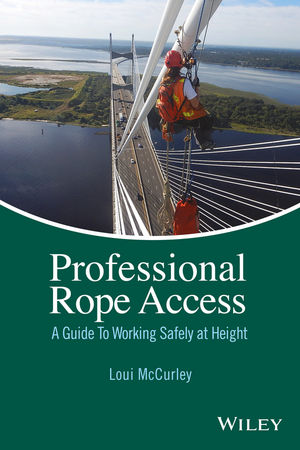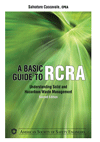Remember, consequences influence behaviors, making it crucial for us to react appropriately when we're praised. This is how we nurture positive reinforcement throughout the workforce. Here are five basic guidelines for receiving recognition:
Don't deny it: We've all seen the awkward denial. You tell someone they've done a nice job and they act as though they didn't hear you. Or they say something like, "It really was nothing special."
It's okay to take pride in our small accomplishments. After all, the vision of a Total Safety Culture depends on everyone going beyond the call of duty. Really, numerous people deserve recognition daily for the little things they do. When your effort gets noticed, just accept it, and keep in mind that your genuine appreciation increases the chance that more recognition will be given to others.
Pay attention: Listen intently when someone praises you. Obviously you want to learn what you did right. Plus, you can evaluate how well the recognition is given.
If it doesn't pinpoint a particular behavior, you might ask the person about it. This helps improve their method of giving recognition. But don't come off as being critical. Show genuine appreciation for the special attention. After all, it's not easy for many people to go out of their way to compliment others.
Take it in: Go ahead, treat yourself, revel a bit in your recognition. It doesn't come your way that often, and you know the times your extra effort hasn't been acknowledged.
You need to listen actively to every word of praise not only to show you care but also to make an impression upon yourself. Don't hesitate to relive this moment later by talking to yourself. This self-recognition motivates you to continue going beyond the call of duty for safety.
Return the favor: Smile, make eye contact, say "thanks," in general be sincerely appreciative when someone praises you. Again, how you react can determine whether similar recognition is apt to occur again.
I find it natural to add, "You've made my day," to the "Thank you," because it's the truth. When someone goes out of their way to offer me quality recognition, they have made my day. And I'll often relive the moment when I need a boost another day.
Sometimes it's possible to do even more to assure the flow, the give-and-take of quality recognition through the workplace. Reward the person for recognizing you. You might say, for example, that you really appreciate the pinpointing of a particular behavior and the praise.
Some people don't like to be recognized because they don't want to feel obligated to return the favor. But if we want to achieve a Total Safety Culture, we need to embrace the concept of reciprocity. Research has shown that when you're nice to others, as when giving special praise, you increase the likelihood that they'll reciprocate by showing similar behavior. You might not be the one benefiting from it, but someone will.
Genuine acceptance of quality recognition activates the reciprocity norm. And the more this happens, the more we'll see interpersonal communication consistent with the vision of a Total Safety Culture.
Ask for it: If you feel you deserve recognition, why not ask for it? Okay, so the feedback might be less genuine than if it were spontaneous, but you may receive some words worth reliving later for self-motivation. And perhaps most important, you'll remind the other individual in a nice way that he or she missed an opportunity to actively care. This could be a valuable learning experience.
Using the right tone to express pleasure with your own effort won't seem like bragging but rather a matter of pride. It's likely the other person will affirm your accomplishment, giving you a boost and teaching them how to support the safety-related behaviors of others.
I've promoted self-recognition among my research students by telling them they could request a standing ovation at any time during class or group meetings. All they had to do was state specifically the behavior they felt deserved recognition and then ask for standing applause. This isn't the best recognition -- it's not private, personal, and one-to-one. Naturally, many people feel inhibited. But when a request is made, the experience has always been positive for everyone. There's always a solid rationale -- earning an exemplary grade or receiving an acceptance letter from a graduate school or an editorial board for a professional journal, for example. The actual ovation is fun and feels good, whether on the giving or receiving end. Plus, we all learn something about the power of behavior-based recognition, even when it doesn't follow all of the quality principles. You can feel it.
William James, the first great American psychologist, wrote "the deepest principle in human nature is the craving to be appreciated." Giving and receiving recognition well is how we fulfill this basic need. Plus, I don't think there's a better way to cultivate a Total Safety Culture.





